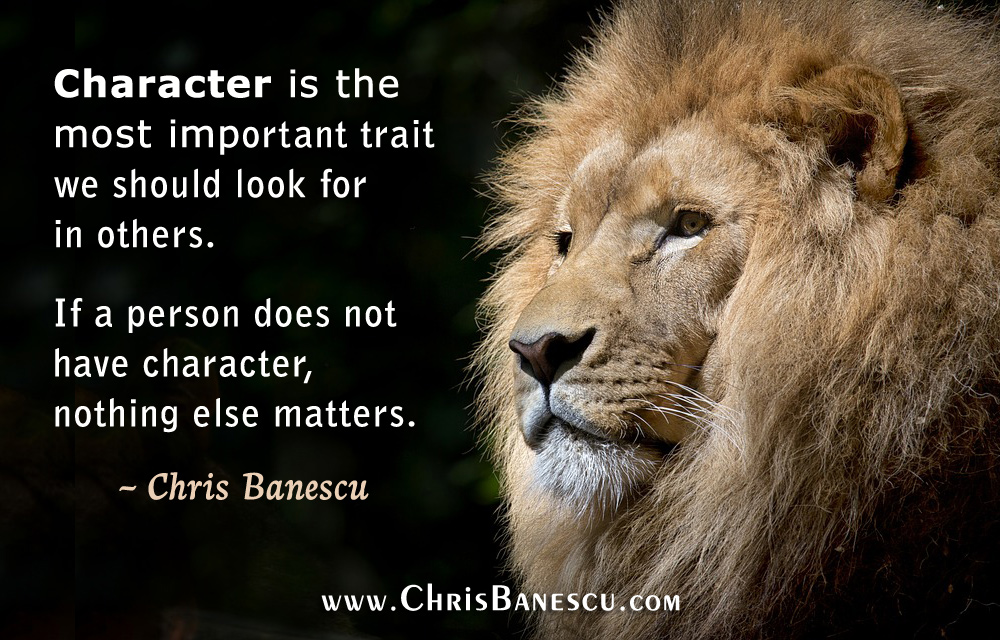 by Chris Banescu –
by Chris Banescu –
Life has taught me and continues to teach me that character is the most important trait we should look for in others. If a person does not have character, nothing else matters. This is true in our personal and professional lives. It’s true in our friendships and family relationships. It’s true in business, academia, politics, religion, and all other fields of human endeavor.
In virtually all of the business and leadership courses I have taught for over two decades, the subject of character inevitably comes up. Students ask me or I ask them about the most important characteristic or quality (they can only pick one) they should look for when working for anyone, partnering with someone in a venture, or hiring great employees. [Read more…]

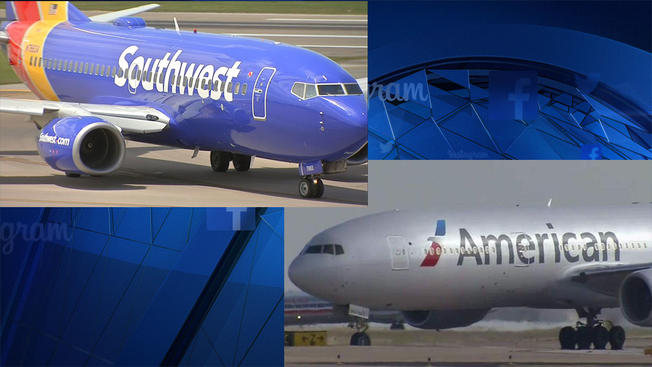 by Chris Banescu –
by Chris Banescu –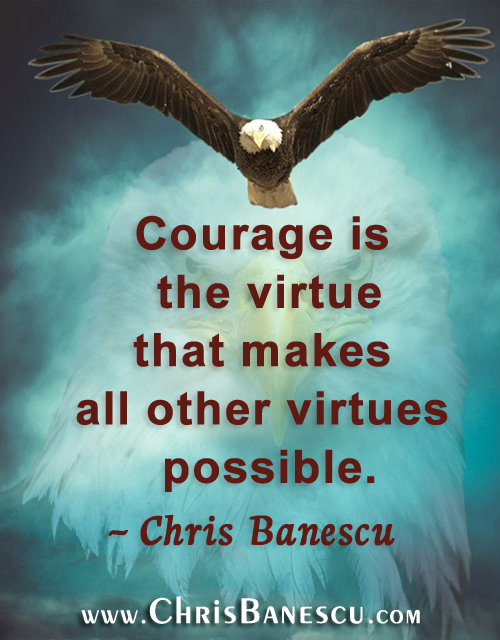 by Chris Banescu –
by Chris Banescu –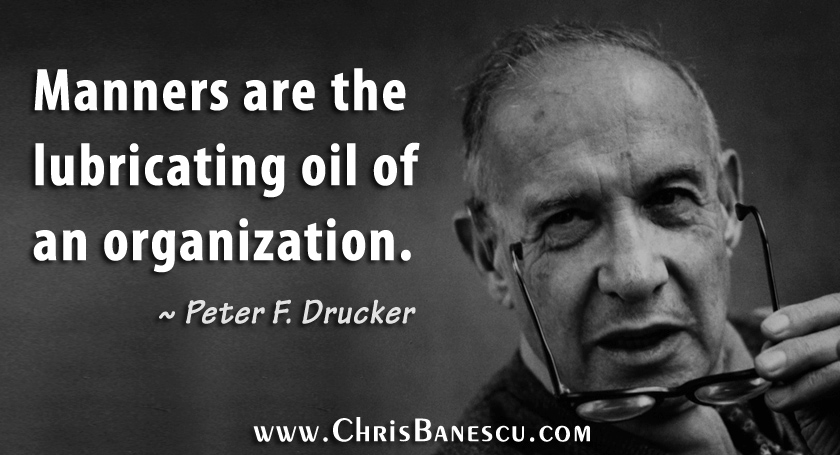 “Manners are the lubricating oil of an organization. It is a law of nature that two moving bodies in contact with each other create friction. This is as true for human beings as it is for inanimate objects. Manners – simple things like saying “please” and “thank you” and knowing a person’s name or asking after her family – enable two people to work together whether they like each other or not.
“Manners are the lubricating oil of an organization. It is a law of nature that two moving bodies in contact with each other create friction. This is as true for human beings as it is for inanimate objects. Manners – simple things like saying “please” and “thank you” and knowing a person’s name or asking after her family – enable two people to work together whether they like each other or not. by Chris Banescu –
by Chris Banescu –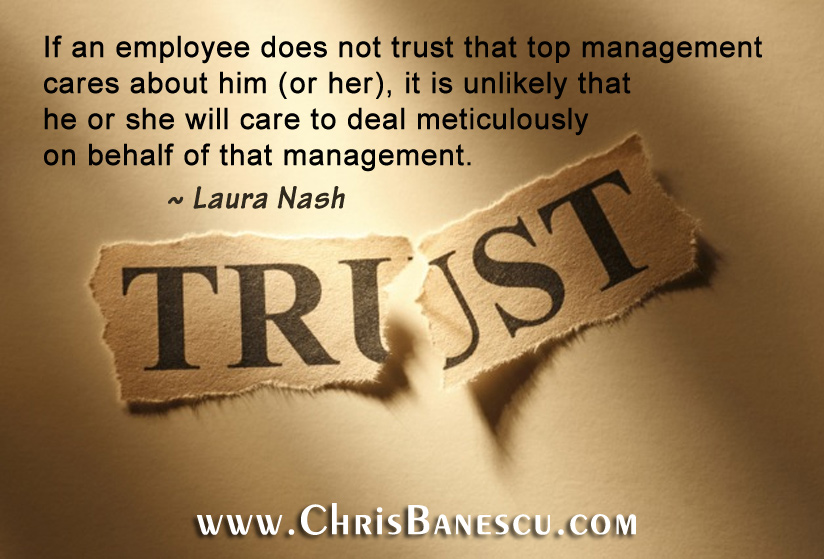 “If an employee does not trust that top management cares about him (or her), it is unlikely that he or she will care to deal meticulously on behalf of that management.” ~ Laura Nash
“If an employee does not trust that top management cares about him (or her), it is unlikely that he or she will care to deal meticulously on behalf of that management.” ~ Laura Nash by Chris Banescu –
by Chris Banescu –